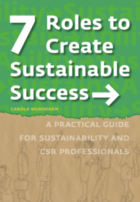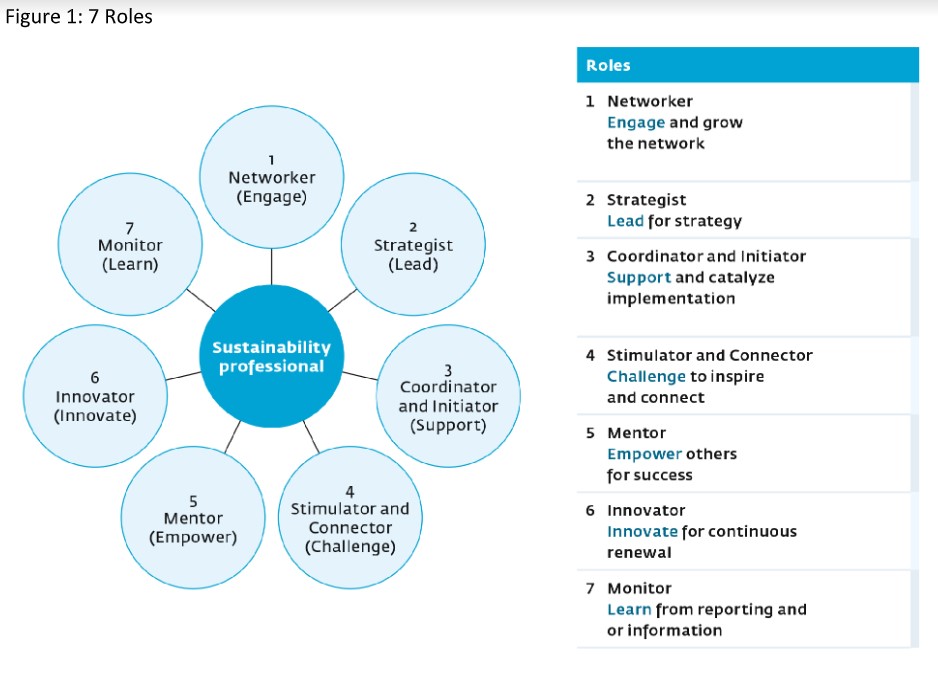The challenges we face are enormous. I have seen with my own eyes that the ice in the Arctic is melting faster than expected and our natural “air-conditioning” is disappearing. Plastic pollution in the oceans is increasing and plastic micro debris is likely to enter our food chain. The loss of nature is ongoing.
Environmental disruption is increasing our vulnerability to pandemics that threaten our health, well-being, and economy. In order to protect our planet and create a sustainable future, we need to speed up and accelerate our transition to an inclusive, fossil-free and circular economy. We have a hard task ahead, but we should not be discouraged by the magnitude of the challenge. Gradually, we are getting to know what needs to be done and we — at least most of us — even agree that action needs to be taken. The Paris Climate Convention and the UN Sustainable Development Goals have been signed and new ways of thinking about economic growth, like the Doughnut Economy, have been introduced.
A growing number of companies aim to play an important role in this transition. Also in current COVID times they see not only challenges but also opportunities and seek ways to possibly turn the tide. To support their transition to sustainable business, they often appoint a Chief Sustainability Officer (CSO) or a Corporate Social Responsibility (CSR) manager.
In 2010, I became the first Chief Sustainability Officer for the Dutch Railway (NS). The position was not only new to NS, it was also new to me. Fortunately, at that time there were several CSOs already doing a great job in similar organizations. To learn what a CSO does, I started interviewing them. What makes a Chief Sustainability Officer effective? Most of the CSOs answered that it takes perseverance — dealing with ups and downs — and learning by trial and error to find out what is effective. As no company and no situation are alike, a one-size-fits-all solution does not exist.
From these peers, I also learned that there is no such thing as a “sustainability profession.” Our jobs are temporary, since the assignment of a CSO is to embed sustainability in all processes and activities of a company or an organization. So, the sooner we — as CSOs — become redundant, the better.
Nine years later however, the first generation of sustainability professionals is still here and the challenges we face are more complex and more urgent than ever. As a consequence, the need for more effective corporate sustainability leaders, who can speed up the transition, is growing.
At the same time, I found that, although companies and situations might vary, the 7 different Roles of a CSO — based on scientific research — appears to be the same for every sustainability professional around the world: networker, strategist, coordinator (& initiator), stimulator, mentor, innovator and a monitor (see figure 1). An effective CSO knows how and when which role is needed, and s(he) can alternate the different roles if the situation requires it.
 When I was awarded the title of Dutch CSO of the Year in 2014, I made it my goal to stimulate peer-to-peer learning for sustainability professionals to boost their effectiveness and impact around the world. With my new book 7 Roles to Create Sustainable Success, I want to contribute to that goal. I wrote my new book – a follow-up to my first book MVO doe je ZO – with my own most recent experiences in mind, using the 7 Roles framework. What did it take to make NS the world’s first railway company with 100% wind-powered trains? Which roles did I use, when and how? In addition, the book draws upon the experiences and best practices of many other CSOs and sustainability professionals from companies like SIFCA group, Levi Strauss & Co., Kellogg Company, Unilever Benelux, Microsoft, Philips International BV, Ingka Group, Interface Europe, DSM and Google.
When I was awarded the title of Dutch CSO of the Year in 2014, I made it my goal to stimulate peer-to-peer learning for sustainability professionals to boost their effectiveness and impact around the world. With my new book 7 Roles to Create Sustainable Success, I want to contribute to that goal. I wrote my new book – a follow-up to my first book MVO doe je ZO – with my own most recent experiences in mind, using the 7 Roles framework. What did it take to make NS the world’s first railway company with 100% wind-powered trains? Which roles did I use, when and how? In addition, the book draws upon the experiences and best practices of many other CSOs and sustainability professionals from companies like SIFCA group, Levi Strauss & Co., Kellogg Company, Unilever Benelux, Microsoft, Philips International BV, Ingka Group, Interface Europe, DSM and Google.
Since the 7 Roles framework has guided me in my journey to create sustainable success, I hope this book will support other (potential) sustainability professionals to accelerate sustainability in business!
Carola Wijdoogen, Director at Sustainability University Foundation
Order the book 7 Roles to Create Sustainable Success online




